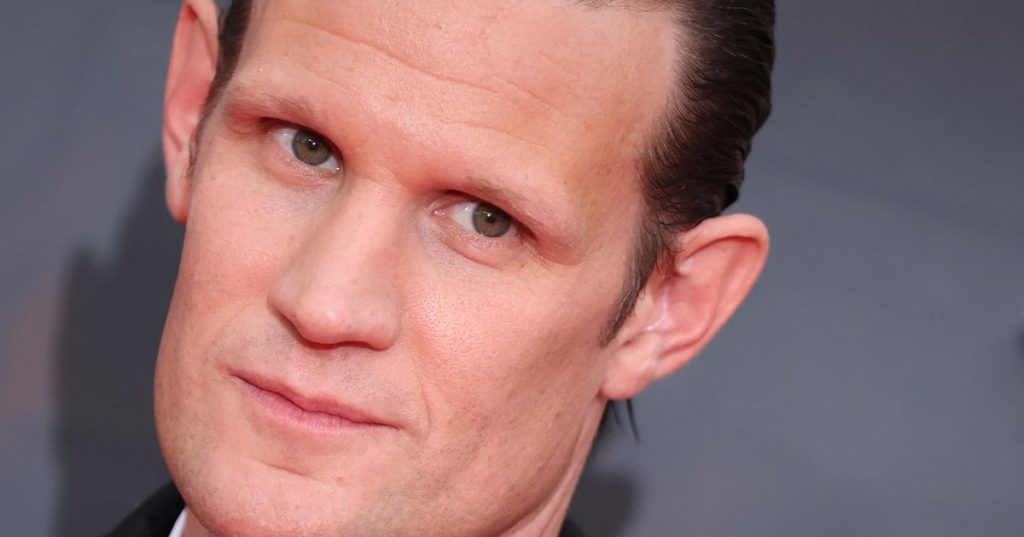Matt Smith believes that trigger warnings in TV shows are unnecessary and are causing programs to be “dumbed down.” He argues that too much policing of stories and being afraid to bring them out because of a certain climate is hindering the creative process. Smith is not on board with trigger warnings as he believes it is okay to feel uncomfortable or provoked while watching something, and worries that everything is being dialed down as a result of these warnings. He feels that audiences are being told they will be scared before they even watch something, which takes away from the experience of watching a show or movie.
A trigger warning provides a preemptive warning to viewers that something disturbing may occur on screen, such as sexual violence. While trigger warnings are becoming more common in recent years, they are separate from standard parental guidelines like TV-MA ratings and do not prevent disturbing scenes from airing. In some cases, trigger warnings have come under fire for not being provided for certain content, such as in the case of Blake Lively’s new movie “It Ends With Us,” which was accused of glamorizing domestic violence without warning viewers beforehand.
Smith believes that giving audiences a heads-up about potentially traumatizing content is doing more harm than good, as it is causing the creative industry to be dialed down and dumbed down. He argues that it is important to tell morally difficult stories, especially in today’s world, and that being uncomfortable or provoked while watching something is part of the experience. Smith gushed over the idea of playing polarizing characters, emphasizing that it is important to challenge audiences and provoke emotions through storytelling.
While trigger warnings are meant to alert viewers to potentially upsetting content, Smith’s view is that they are not necessary and are actually hindering creative expression. He believes that audiences should be able to experience a range of emotions while watching TV shows and movies, and that being uncomfortable or provoked is part of that experience. Smith’s views on trigger warnings have sparked a debate on whether or not they are essential to protect viewers from potentially distressing content or if they are limiting creative freedom in the entertainment industry.
Overall, Matt Smith’s stance on trigger warnings in TV shows and movies is that they are unnecessary and are causing programs to be dumbed down. He believes that it is important to tell morally difficult stories and challenge audiences with provocative content, rather than shielding them from discomfort. Smith’s views have sparked a conversation about the role of trigger warnings in the creative industry and whether they are essential for protecting viewers or limiting creative expression. Ultimately, the debate continues as to whether trigger warnings are necessary or if they are hindering the creative process.


